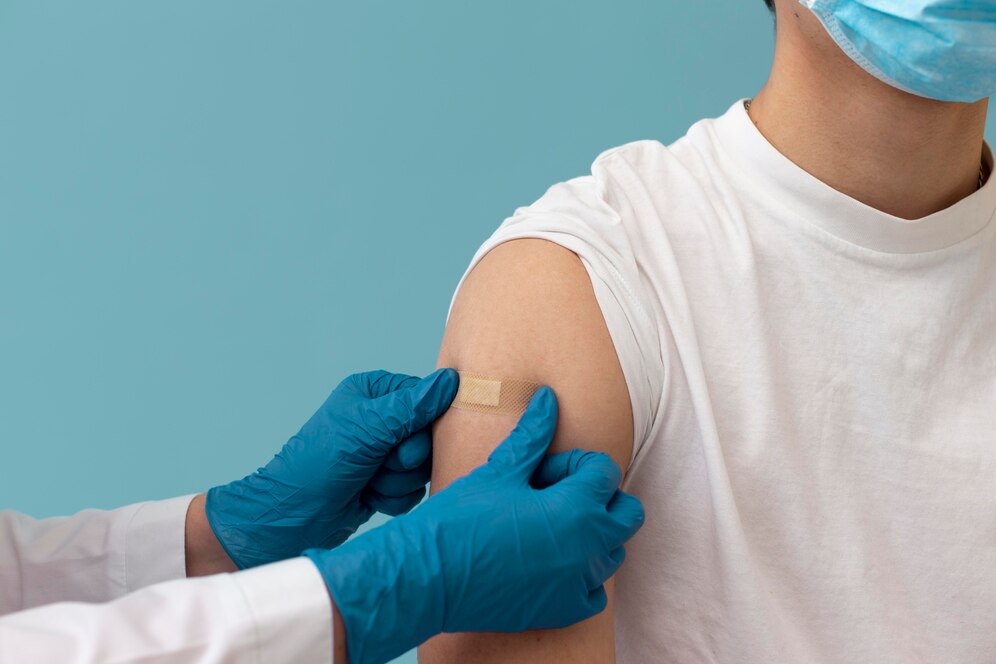Vaccinations are a cornerstone of public health, playing a crucial role in preventing infectious diseases and saving millions of lives worldwide. By stimulating the body’s immune system to produce antibodies, vaccines provide protection against a wide range of diseases, from common illnesses like influenza to more severe conditions such as polio and measles.
How Vaccines Work
Vaccines contain weakened or killed forms of viruses or bacteria. When administered, they prompt the immune system to create antibodies, which are proteins that recognize and fight specific pathogens. This process helps build immunity without causing the disease itself, thereby protecting individuals from future infections.
Types of Vaccines
- Inactivated Vaccines: Contain killed pathogens, e.g., flu vaccines.
- Live, Attenuated Vaccines: Contain weakened pathogens, e.g., MMR vaccines.
- Conjugate Vaccines: Combine weakened bacteria with carrier proteins, e.g., Hib vaccines.
- mRNA Vaccines: Use genetic material to instruct cells to produce a protein that triggers an immune response, e.g., COVID-19 vaccines.
Diseases Prevented by Vaccines
Vaccines protect against over 20 life-threatening diseases, including:
- Diphtheria, Tetanus, and Pertussis (DTP)
- Measles, Mumps, and Rubella (MMR)
- Influenza (Flu)
- Hepatitis A and B
- Human Papillomavirus (HPV)
- Polio
- Chickenpox (Varicella)
- Shingles (Herpes Zoster)
These vaccines have significantly reduced the incidence of these diseases, transforming public health outcomes globally.

Importance of Vaccination
- Prevention of Infectious Diseases: Vaccines prevent the spread of diseases, protecting not only the individual but also the community by reducing the risk of outbreaks.
- Global Health Security: Vaccines are crucial in controlling infectious disease outbreaks and supporting global health security.
- Economic Benefits: By preventing diseases, vaccines reduce healthcare costs and economic losses associated with illness and death.
Challenges and Future Directions
Despite the success of vaccines, challenges remain, including vaccine hesitancy, unequal access to vaccines in some regions, and the emergence of new diseases like COVID-19. Initiatives like the WHO’s Immunization Agenda 2030 aim to improve global vaccination coverage and address these challenges.
FAQs
1. How do vaccines prevent diseases?
Vaccines stimulate the immune system to produce antibodies, which recognize and fight specific pathogens, providing immunity without causing the disease.
2. What diseases can vaccines prevent?
Vaccines protect against over 20 diseases, including diphtheria, tetanus, measles, mumps, rubella, influenza, and polio.
3. Why are vaccines important for global health?
Vaccines prevent infectious disease outbreaks, support global health security, and reduce healthcare costs by preventing illnesses.
4. What are some challenges facing vaccination efforts?
Challenges include vaccine hesitancy, unequal access to vaccines, and the emergence of new diseases.
5. How can we improve vaccination coverage globally?
Initiatives like the WHO’s Immunization Agenda 2030 aim to strengthen health systems, address vaccine hesitancy, and ensure equitable access to vaccines worldwide.
Welcome to our clinic, where we protect your health and well-being through comprehensive vaccination services. Visit us at https://sccmidland.com/ or call us at (432) 218-7489 to schedule an appointment. Walkins & new appointments available.


